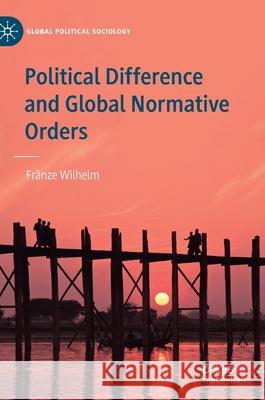Political Difference and Global Normative Orders » książka
topmenu
Political Difference and Global Normative Orders
ISBN-13: 9783030740689 / Angielski / Twarda / 2021 / 265 str.
Kategorie BISAC:
Wydawca:
Palgrave MacMillan
Seria wydawnicza:
Język:
Angielski
ISBN-13:
9783030740689
Rok wydania:
2021
Wydanie:
2021
Numer serii:
000860835
Ilość stron:
265
Waga:
0.48 kg
Wymiary:
21.01 x 14.81 x 1.75
Oprawa:
Twarda
Wolumenów:
01
Dodatkowe informacje:
Bibliografia
Wydanie ilustrowane
Wydanie ilustrowane











